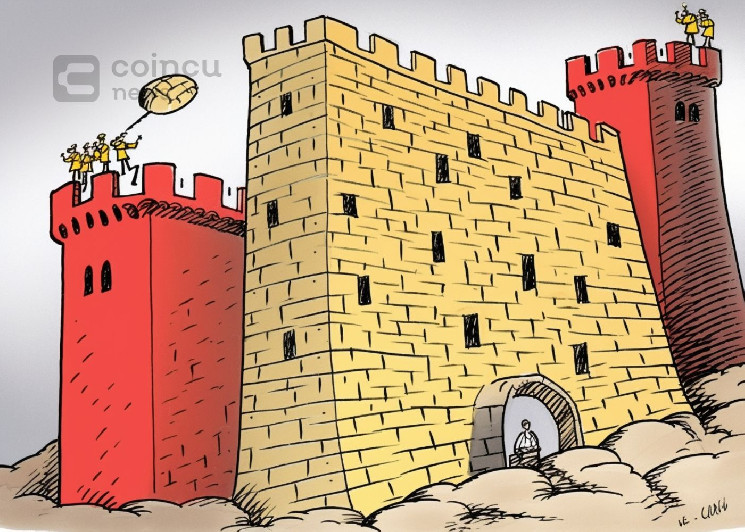L2Beat’s newest documentation highlights an necessary distinction concerning Validiums and Optimiums. Whereas these techniques are sometimes related to Layer 2 (L2) options, they don’t strictly adhere to the standard L2 framework.
Understanding the Distinction: Validiums and Optimiums
It’s because Validiums and Optimiums don’t publish knowledge on Layer 1 (L1), which introduces extra belief assumptions. Consequently, if the operator of an off-chain decentralized software (DA) answer fails to supply the mandatory knowledge for reconstructing the state, funds are put in danger.
Validiums, which embrace Immutable X, and Optimiums, which embrace Arbitrum Nova, depend on exterior knowledge publication and both validity proofs or fraud proofs, respectively. Though they aren’t labeled as L2s, Validiums and Optimiums are included in L2Beat’s documentation for historic causes and to supply a complete overview of the house.
Belief-Minimized L2 Classes: zkRollups, Optimistic Rollups, State Channels, Plasma
When it comes to trust-minimized L2s, L2Beat acknowledges a number of classes. zkRollups leverage knowledge publication on L1 (Ethereum) to make sure knowledge availability and consensus ensures, utilizing validity proofs for state roots correctness. Optimistic Rollups additionally publish knowledge on L1 and depend on fraud proofs for state roots correctness.
State channels don’t publish knowledge on-chain however require customers to retain their knowledge for correct exiting. Plasma, just like state channels, doesn’t publish knowledge on-chain and makes use of fraud proofs for dispute decision. Nevertheless, Plasma doesn’t help normal computation.
DISCLAIMER: The data on this web site is supplied as normal market commentary and doesn’t represent funding recommendation. We encourage you to do your personal analysis earlier than investing.

